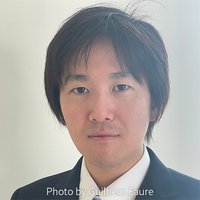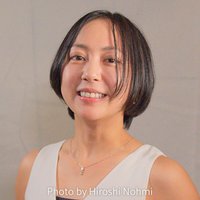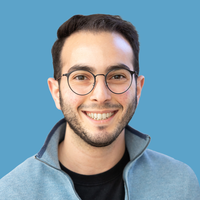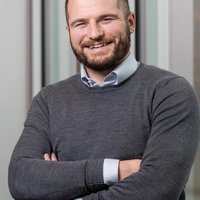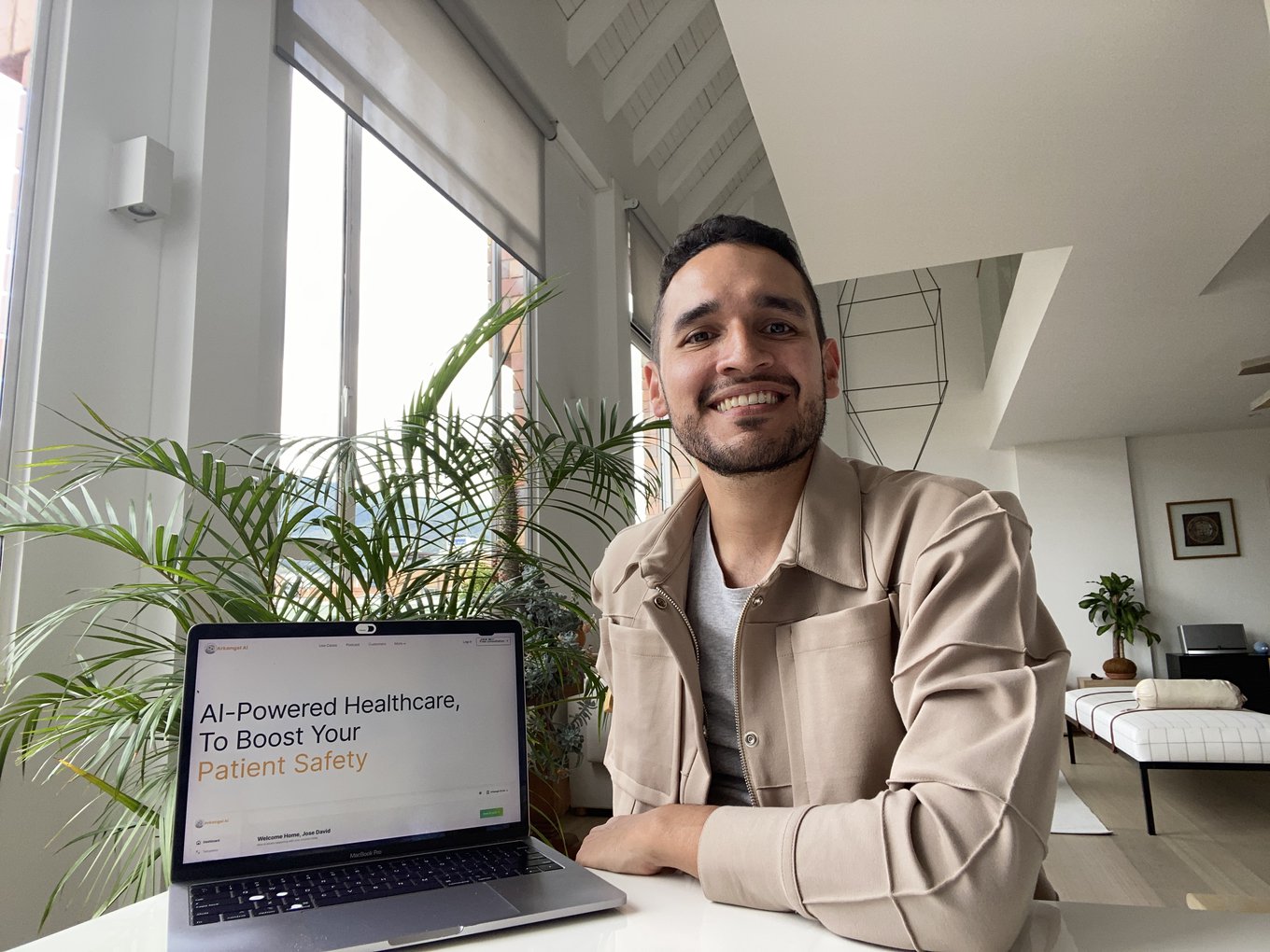In 2019, there were more than three
million premature deaths of people under the age of 75 in the 38 member states
of the Organisation for Economic Co-operation and Development (OECD). This
figure accounts for a quarter of all deaths. More than a third of the deaths
could have been treated with more effective and timely health interventions,
according to the OECD. Half the world lacks access to essential health
services, says a report by the World Bank and the World Health Organization
(WHO). The WHO considers the right to health to include "timely,
acceptable, and affordable access to health care services of sufficient
quality."
Entrepreneur José David Gómez Zea
believes that the reason for this is expensive prevention and detection systems
that require a high level of infrastructure to which few countries have access.
This means that "it is difficult for healthcare professionals to carry out
early detection of the disease, identify patients who could develop a chronic
disease and increase patient care. It is also complicated for them to expand
their operational capacity to be able to make decisions in time," says this
young Colombian.
"The healthcare system is one
of the industries that makes the most mistakes in the world. “From 5 to 10% of
people die throughout the healthcare system because of an error or delay in
diagnosis," says Gómez. It took nine months for his grandfather to be
diagnosed with cancer due to an error. This delay prevented him from being
treated in time. This avoidable death generated a lot of anger in Gómez and he
decided to use it to do something useful.
With the aim of facilitating access
to healthcare systems and expanding the human right to health, José David Gómez
Zea has launched Arkangel Ai. This technological platform "uses artificial
intelligence to transform clinical data into predictive models. The aim is to
make early detection of diseases and reduce errors in the healthcare
system," explains the architect and data scientist. For this breakthrough
Gómez has become one of the winners of MIT Technology Review's Innovators under
35 Latin America 2023 in Spanish.
This platform uses data from
healthcare systems to detect diseases early and reduce medical errors. In
addition, this software increases adherence to treatments by predicting the adverse effects of drugs and when a
patient will stop therapy, explains its
creator. Large companies such as AstraZeneca and Sanofi use their
infrastructure to create models that help in the detection and prioritization
of cardiovascular pathologies, types of cancer, and other types of diseases. And
they do it without using code because Arkangel AI uses a user-friendly
interface.
The algorithms are trained under
the user's parameters and with local data as raw material. Already present in
19 countries, Gómez wants to impact one million people by 2030 thanks to its
alliance with institutions around the world. Its expansion focus is on Mexico
and Brazil. "Our goal is to continue expanding in Latin America because
there is no similar tool in our region that uses artificial intelligence."
